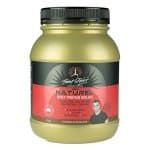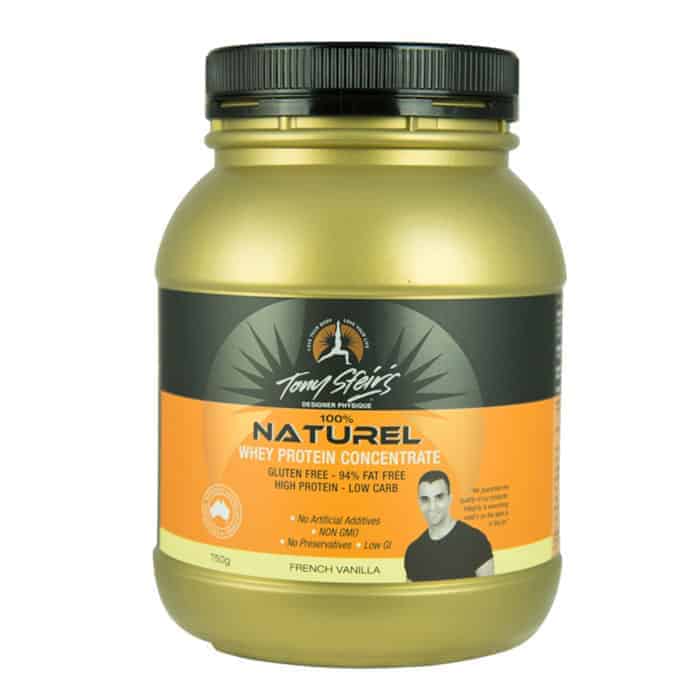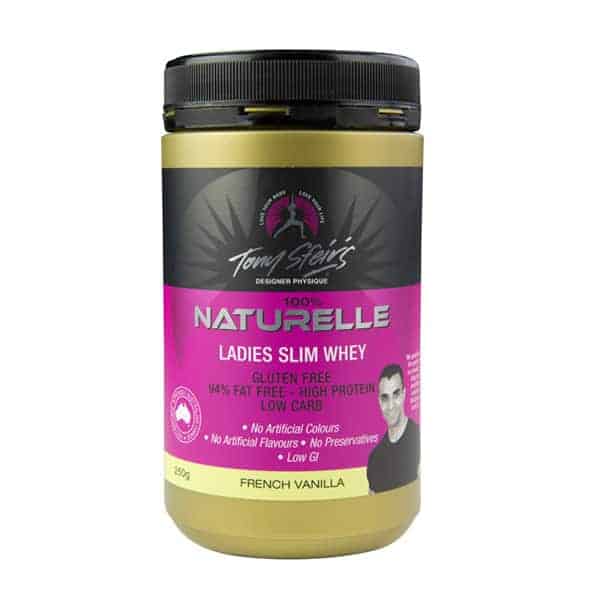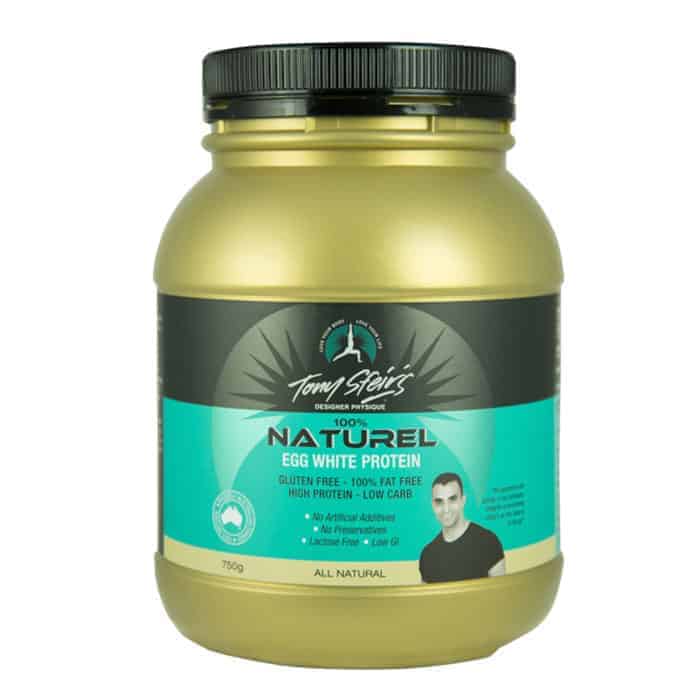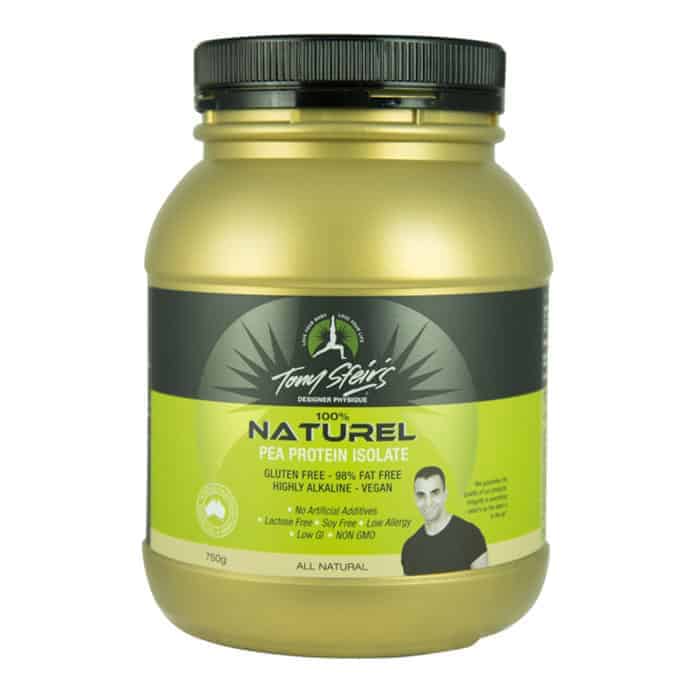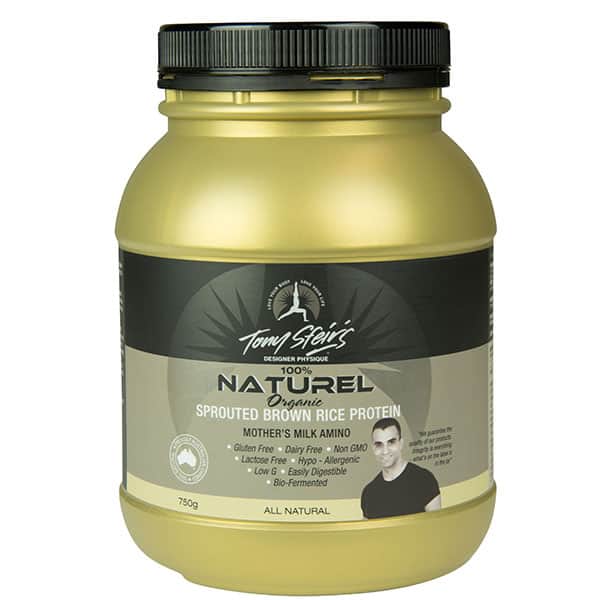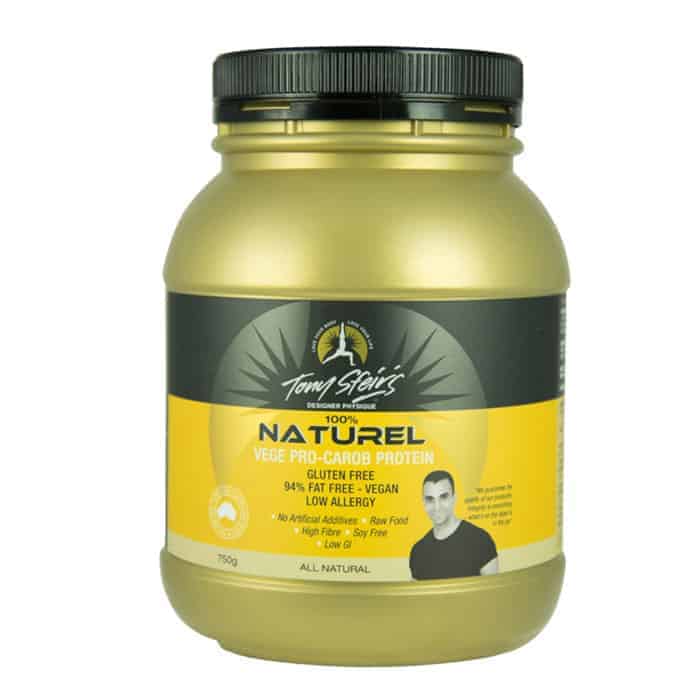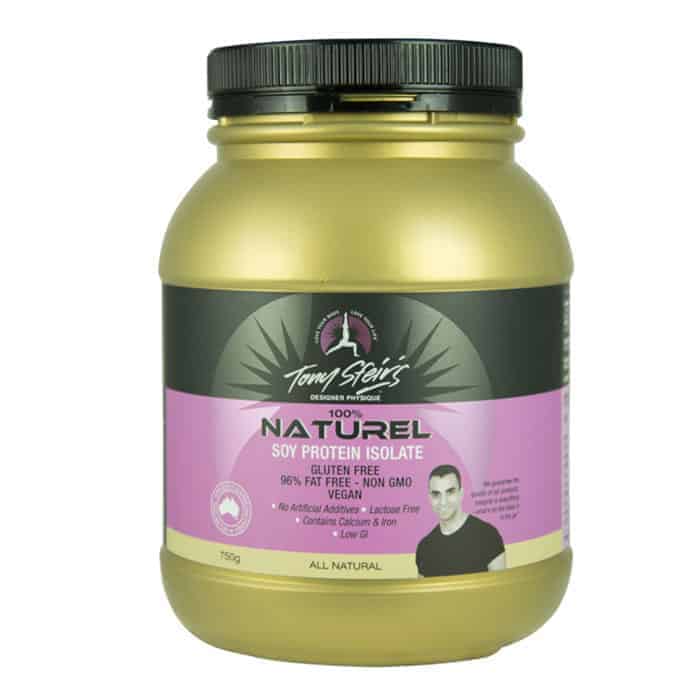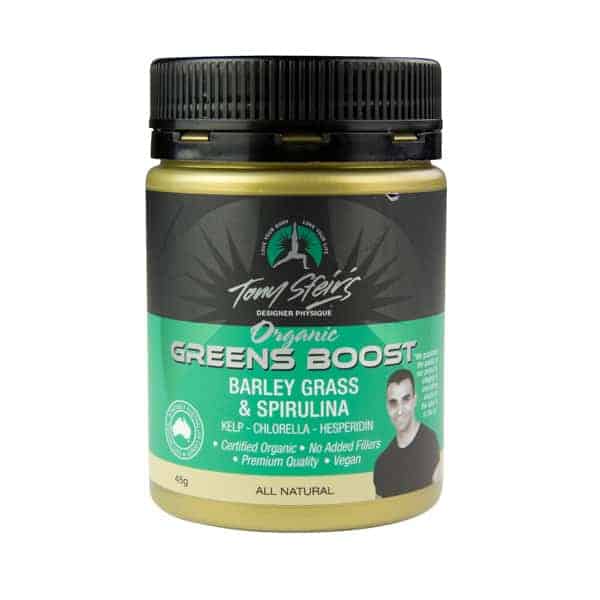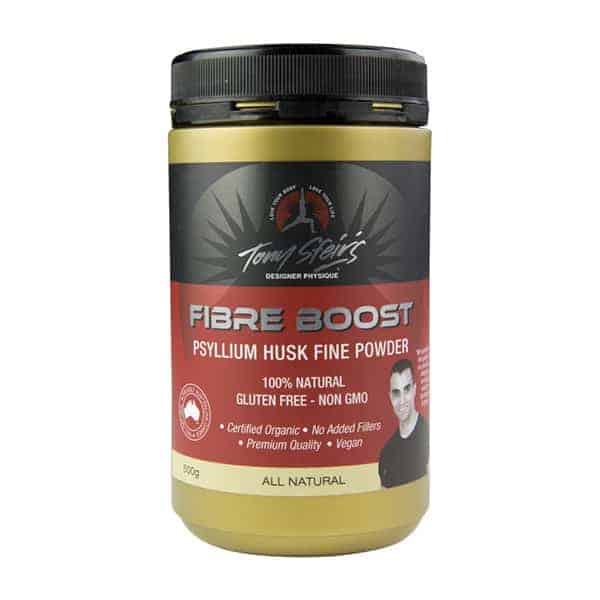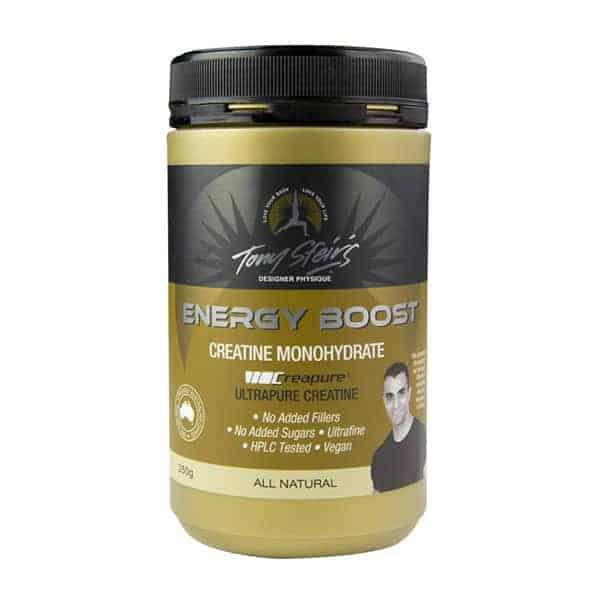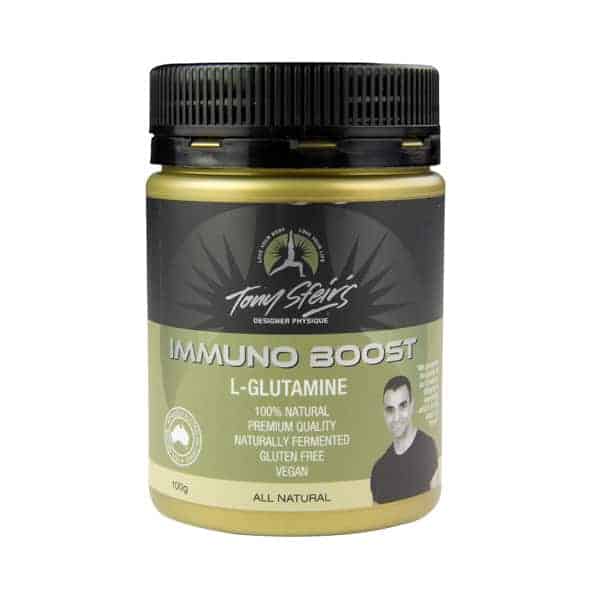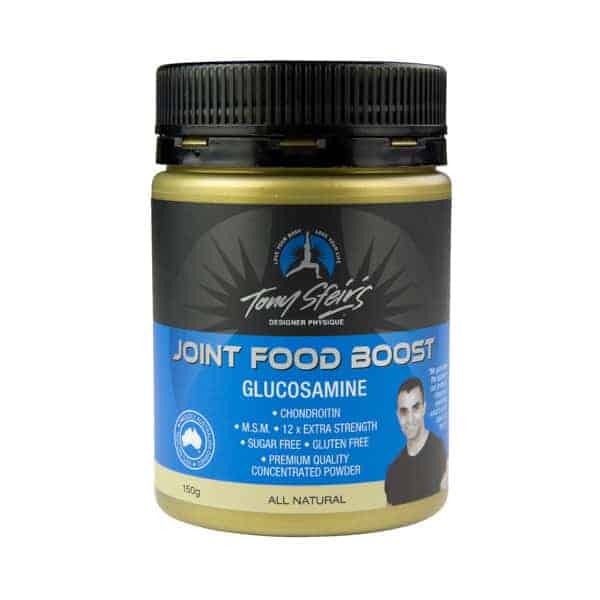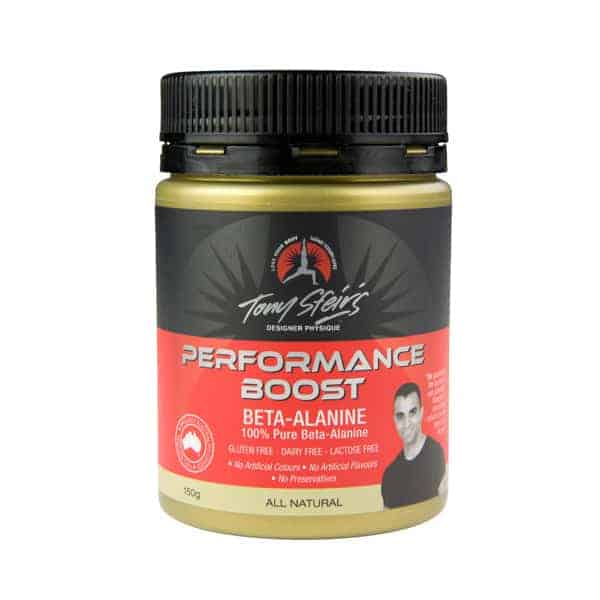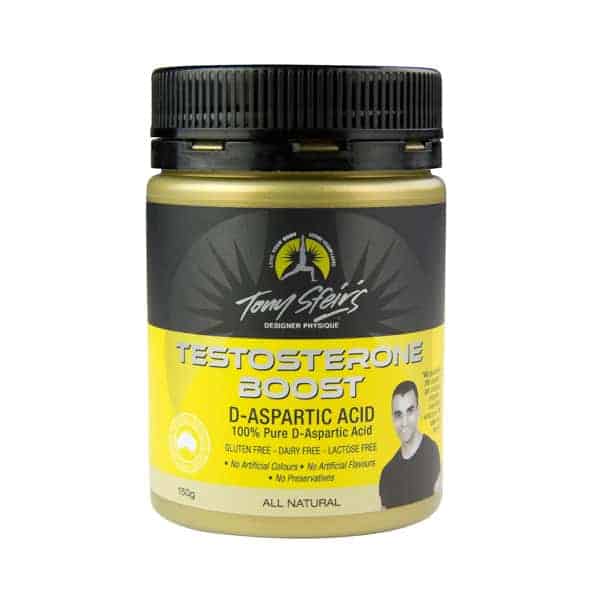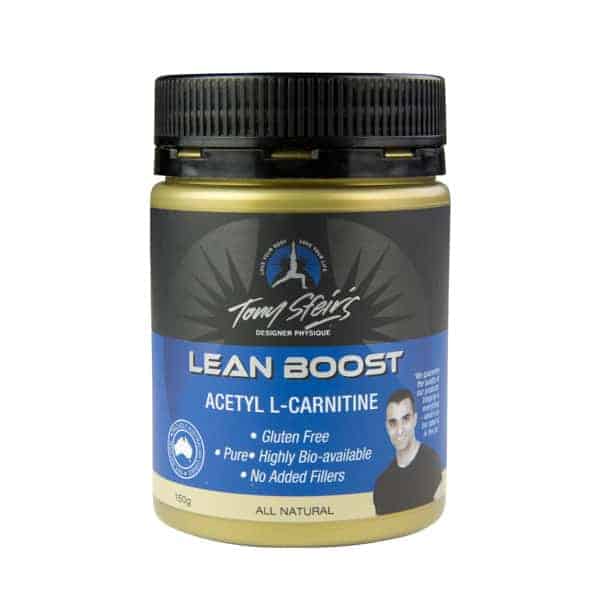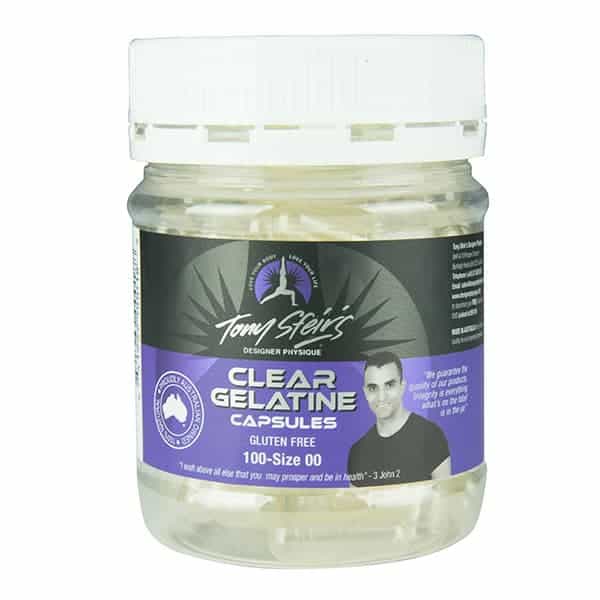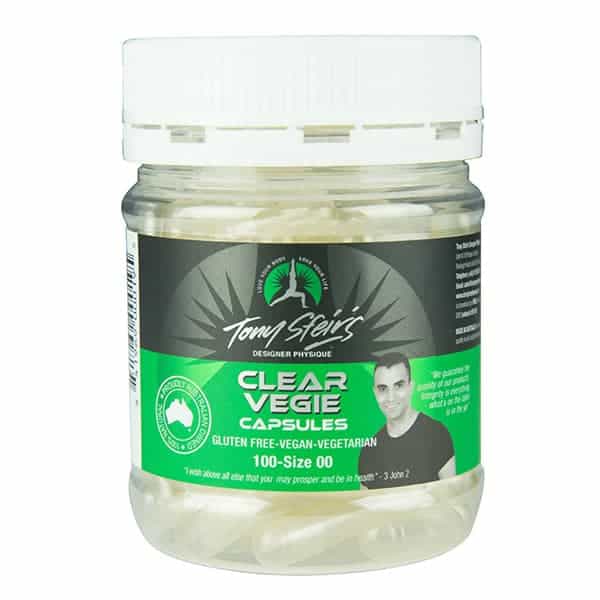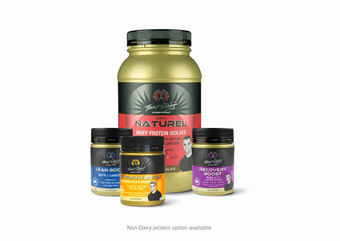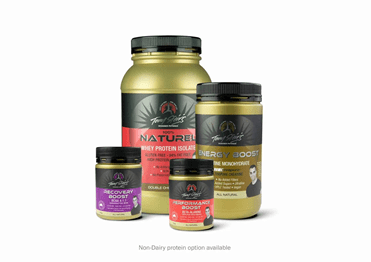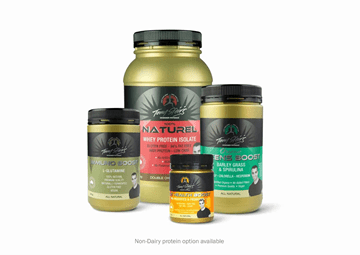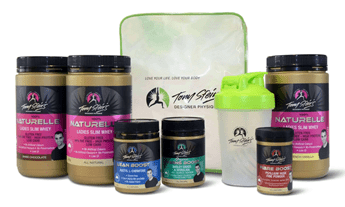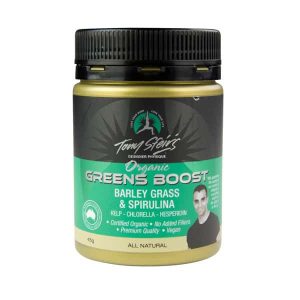Have you decided to make the switch to a plant-based diet recently, but not really sure on the right protein powder for you?
Pea protein is a great choice for anyone looking to swap to a more plant based lifestyle; it’s high in protein, and packed full of other health benefits.
At Designer Physique, we do a 100% pea protein isolate that is sourced from premium quality Non-GMO Belgium peas, with no artificial flavours, colours, or preservatives.
Let’s look at some of the amazing benefits of supplementing with pea protein powder.
Pea Protein Powder is Allergy Friendly
Unlike a range of protein powders, such as egg or whey protein, pea protein powder is 100% vegan, gluten-free and dairy-free.
Good quality pea protein powder also free from peanuts, tree nuts, egg, fish, cow’s milk, wheat, and soy.
This makes pea protein fairly versatile, and even though you may not be following a plant-based diet, it’s easily incorporated into any lifestyle.
Highly Digestible Source of Protein
Not only is pea protein a high source of nine essential amino acids, which are critical for normal body function, it also has one of the highest plant protein digestibility profiles.
When we look at a review published in 2019 in the journal of nutrients, the authors compared a range of protein types from meat and plant sources.
The review went on to look at both protein digestibility and amino acid composition, which allowed them to determine a true protein digestibility-corrected amino acid score (PDCAAS) as per human body requirements.
Although the PDCAAS of red meat was fairly high at 92, pea protein concentrate was not far behind, at a PDCAAS score of 89 (Berrazaga et al., 2019).
This underscores the use of pea protein as a fairly outstanding plant protein supplement for anyone looking to go plant-based.
Another great source of plant protein is carob protein, which is both nutrient-dense and has a range of historical and beneficial uses.
It’s Low in “Anti-nutrients”
One big trend going around the web in the past year or two is the increased awareness of anti-nutrients.
Anti-nutrients are considered compounds found in plants that are deemed problematic to the human body, compounds such as lectins, oxalates or phytates, for example.
Although there is literature that highlights the ability of these compounds to block or interfere with certain physiological functions (Petroski & Minich, 2020), the existence of anti-nutrients in pea protein is relatively low.
Pea protein can contain a compound known as phytic acid, which is a known inhibitor of various metallic minerals including iron, zinc, and magnesium (Gupta et al., 2013).
Luckily, the phytic acid content in pea protein is not much to worry about, and in fact, studies have actually linked consumption of phytates to a reduced risk of various chronic health conditions, including cardiovascular disease (Omoruyi et al., 2013).
Pea Protein Powder Builds Muscle
Although whey protein is often touted as the go-to protein powder to build optimal muscle, did you know pea protein powder is just as effective?
According to a study in 2015 published in the Journal of International Society of Sports Nutrition, supplementing pea protein powder is just as effective at building muscle mass as its more common counterpart (Babault et al., 2015).
The 12-week study compared two groups of weight-lifting men, one that supplemented with whey protein, and one with pea protein.
The study concluded no difference between the two, making pea protein perfect for anyone looking to switch to a more plant-based lifestyle
Less Gritty, Chalky Texture
One characteristic most people dislike about plant protein powder is its gritty, somewhat chalky texture.
Generally, you will find this texture in plant sources such as rice or hemp, but with pea protein, it’s quite the opposite.
This makes pea protein powder the more palatable option, allowing for an easier shift into a plant-based diet.
The Takeaway
Pea protein powder is a high-quality, easily digestible source of protein that serves as a fantastic option to build muscle.
With its fairly safe allergenic profile, it has the ability to work with most diets and leaves no gritty or chalky aftertaste.
On top of its health benefits, it’s important to select a pea protein powder that’s highest of quality, and Designer Physique Pea Protein Isolate uses 100% Natural Belgium Pea Protein with no artificial flavours, colours, or preservatives.
If you have any stories on your use of pea protein, why not leave a comment below?
References
- Babault, N., Païzis, C., Deley, G., Guérin-Deremaux, L., Saniez, M., Lefranc-Millot, C., & Allaert, F. A. (2015). Pea proteins oral supplementation promotes muscle thickness gains during resistance training: A double-blind, randomized, placebo-controlled clinical trial vs. whey protein. Journal of the International Society of Sports Nutrition, 12(1), 3. https://doi.org/10.1186/s12970-014-0064-5
- Berrazaga, I., Micard, V., Gueugneau, M., & Walrand, S. (2019). undefined. Nutrients, 11(8), 1825. https://doi.org/10.3390/nu11081825
- Gupta, R. K., Gangoliya, S. S., & Singh, N. K. (2013). Reduction of phytic acid and enhancement of bioavailable micronutrients in food grains. Journal of Food Science and Technology, 52(2), 676-684. https://doi.org/10.1007/s13197-013-0978-y
- Omoruyi, F. O., Budiaman, A., Eng, Y., Olumese, F. E., Hoesel, J. L., Ejilemele, A., & Okorodudu, A. O. (2013). The potential benefits and adverse effects of Phytic acid supplement in streptozotocin-induced diabetic rats. Advances in Pharmacological Sciences, 2013, 1-7. https://doi.org/10.1155/2013/172494
- Petroski, W., & Minich, D. M. (2020). Is there such a thing as “anti-nutrients”? A narrative review of perceived problematic plant compounds. Nutrients, 12(10), 2929. https://doi.org/10.3390/nu12102929

